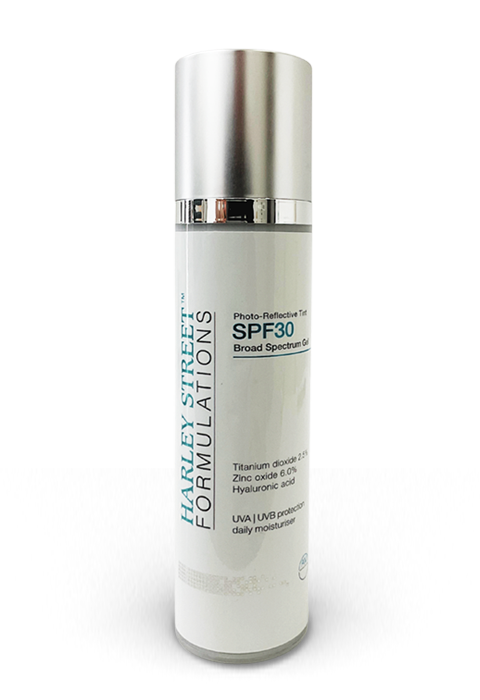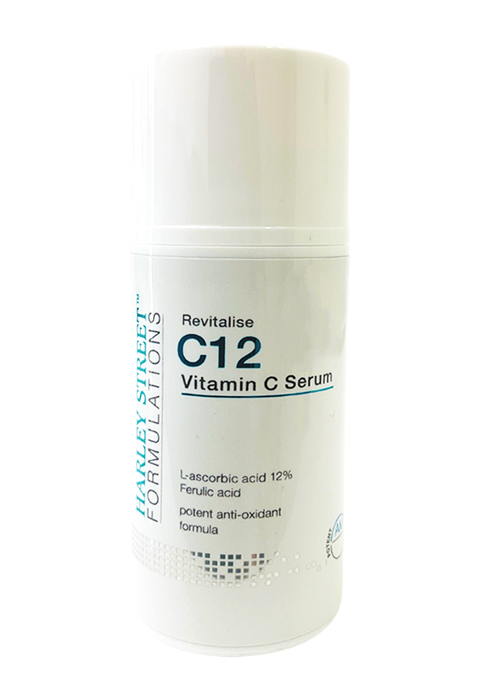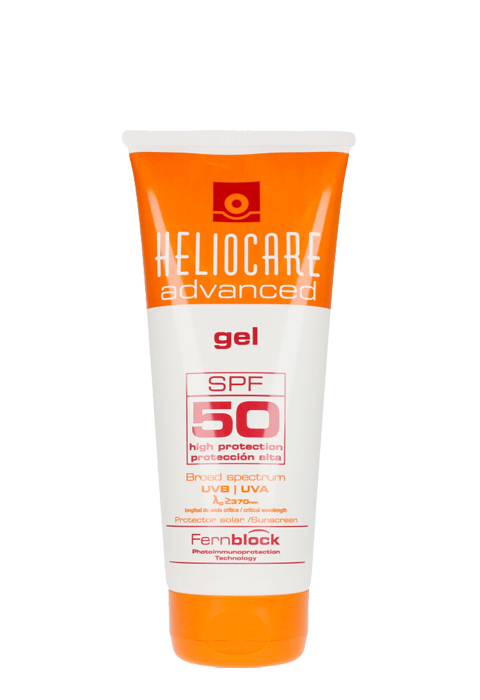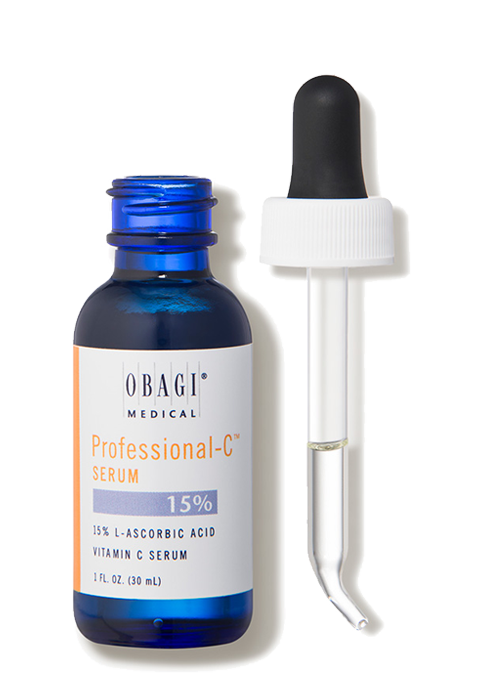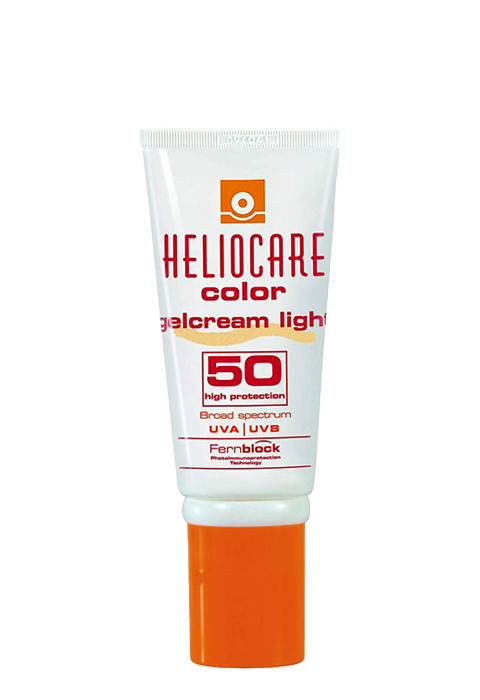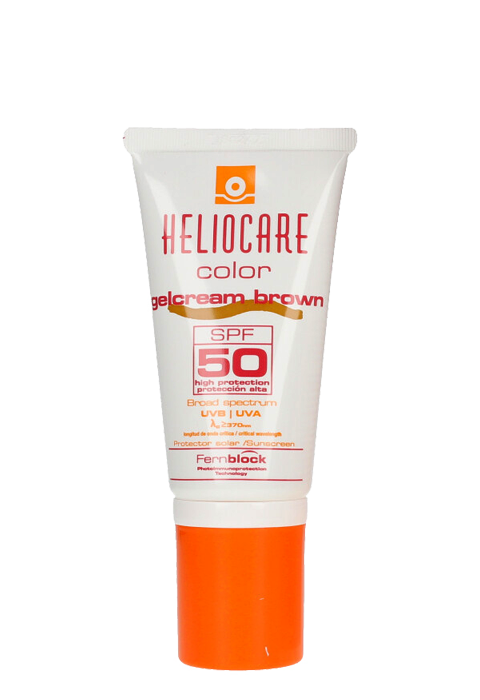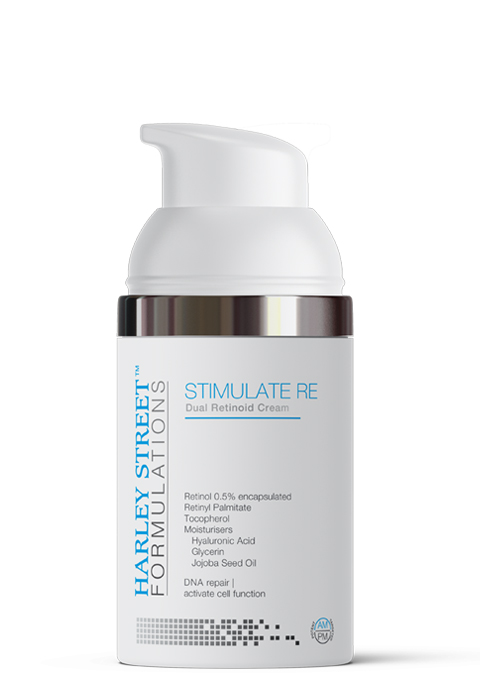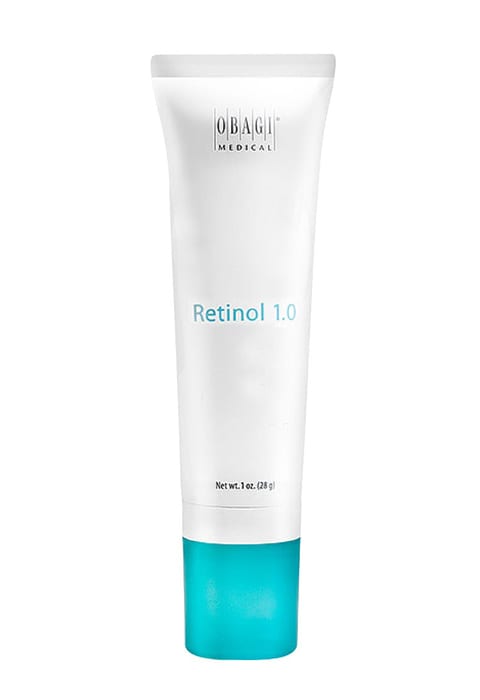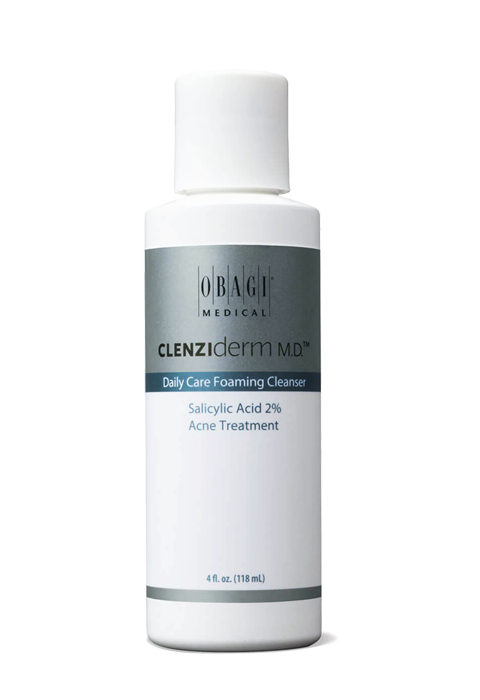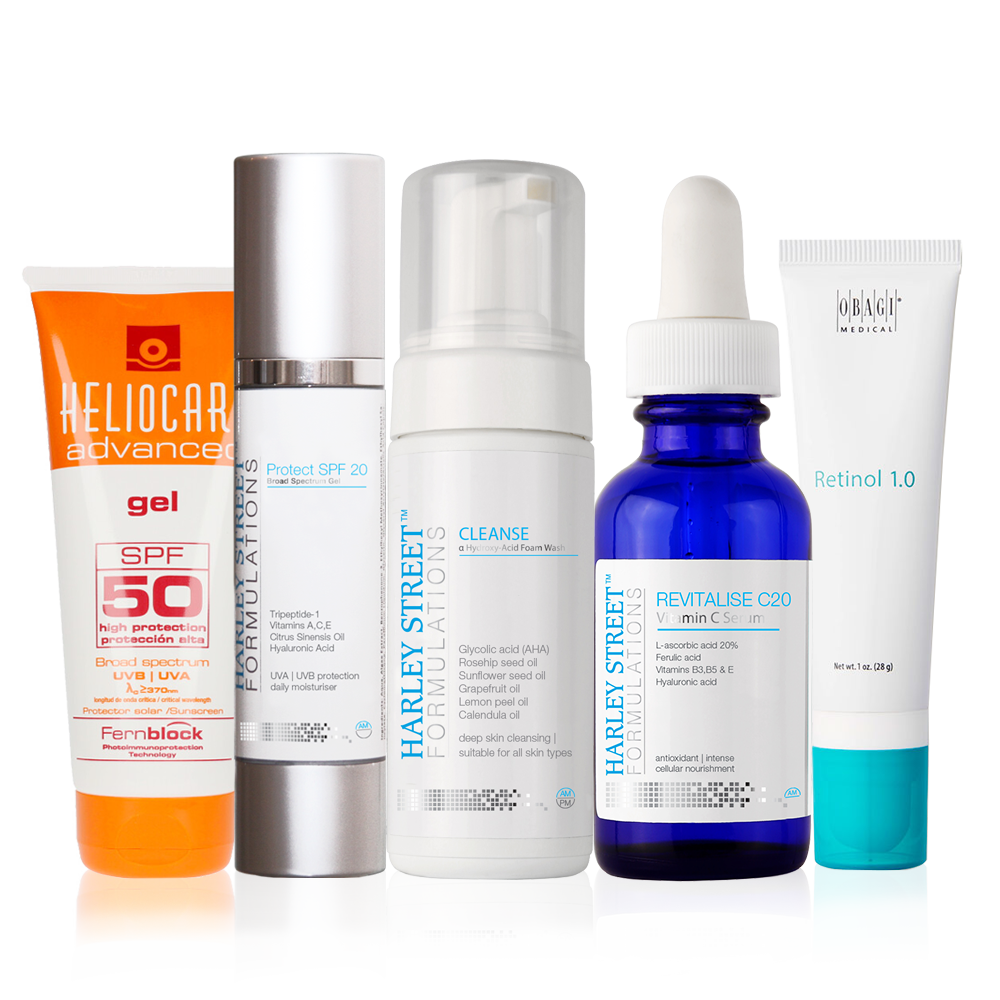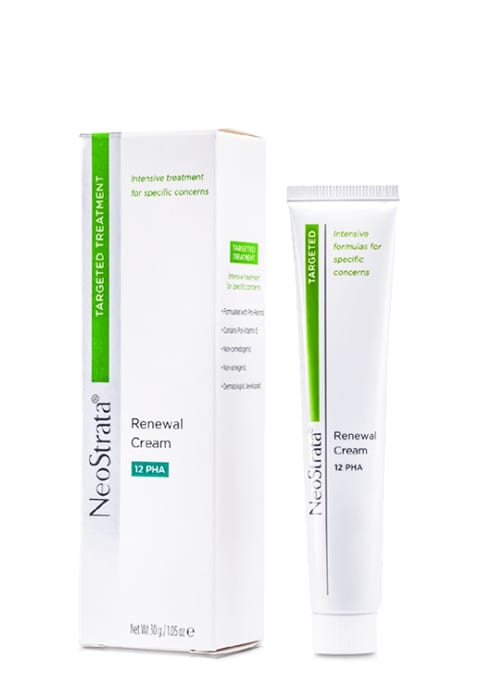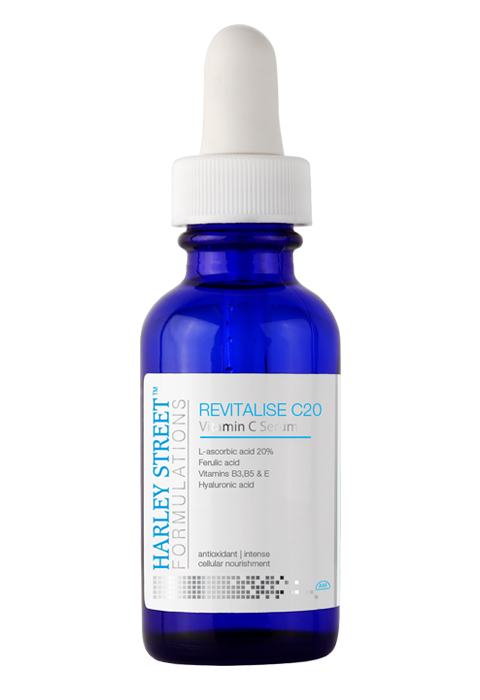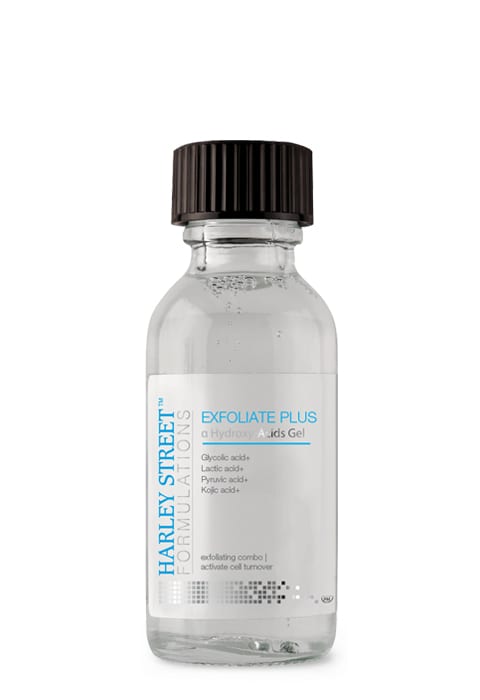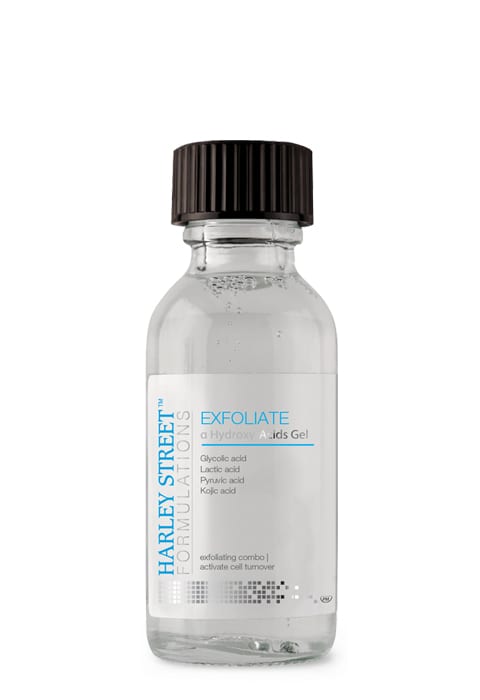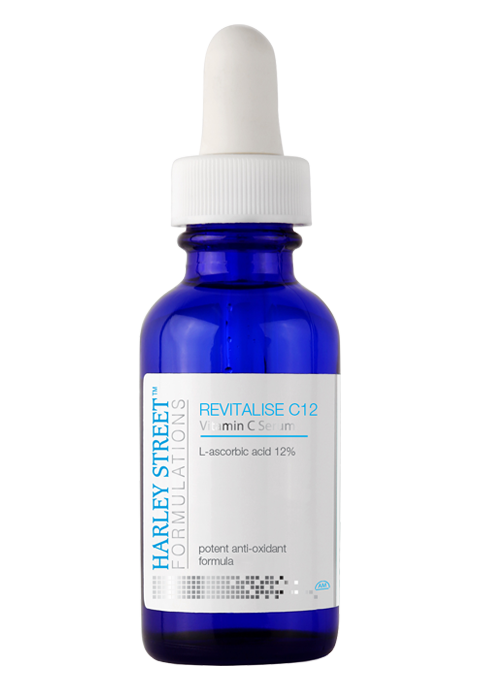-
Injectables
-
Botox -
Dermal
fillers -
Lip Fillers -
Non Surgical
Nose Job -
Chin Filler -
Under Eye Circles
(Tear Trough) -
Non Surgical
Face Lift -
Masseter Botox -
Jawline Filler -
Cheek Fillers - Calf Reduction
- Nefertiti Lift (Platysma) & Turkey Neck Bands
- Bunny Lines (Nose Wrinkles)
- Lip Flip
- Trigger Point Release
- T-Zone Oily Skin
- Dimpled Chin
- Nasal Flaring
- Gummy Smile
- Bruxism / TMJ
- Migraines / headaches
- Neck lines
- Forehead Indentations
- Profhilo
- PDO threads
- Hyperhidrosis (excessive sweating)
- Fat Dissolving
-
-
Skin & Body
-
 V i s i t
V i s i t
- Chemical Peel
- Peel To Reveal Popular
- PRP (Vampire Facial)
- Prescription Grade Skin Care Popular
- Charity A Peel
- Hydrafacial
- Micro Needling (electronic) Popular
- Acne Treatments
- Facial Thread Veins
- Leg Veins (Spider/Thread Vein)
- Skin Tag Removal
- Ageing Skin Concerns
- Hyperpigmentation
- Facial Volume Loss
- Lines & Wrinkles
- Sun Damage
- Stubborn Fat Deposits
- Black Heads & White Spots
- Jawline, Jowls & Double Chin
- Cellulite
- Tired Eyes
- Neck - Lines, Wrinkles & Cords
-
- Glow & Go TM Skin Shop
- Book an Appointment Book
- CosmeShop
- Cosmetic Surgery
- CosmeTalk
-
COSMESURG| Surgical
-
| Professional EducationHARLEY STREET
INSTITUTE -
| Skin CareHARLEY STREET
FORMULATIONS -
GLOW & GO| Skin Bar Clinic
-
COSMETALK| Public Education
-
INJECTABLES
Injectables
-
SKIN & BODY
Skin & Body
-
COSMESHOP
-
COSMETALK
View All Posts
Dermal Fillers Before And After – Get The Better Version Of Yourself Today
It is true! Beauty industry has been revolutionized, aesthetic treatments have been personalized and new beauty… - ABOUT US& Treatment Criteria
10 Tips for Sensitive Skin
Sensitive skin is problematic and people with this skin type need to take extra care of it. But the question is, how can we take care of sensitive skin?
As discussed in another article, sensitive skin occurs when you have a weak skin barrier, so strengthening the skin barrier is the most important thing for a sensitive skin type. First, you have to repair your damaged skin barrier. You can find out how to repair damaged skin barrier here.
The second step is to maintain a healthy skin barrier function. Here are some tips to protect your skin barrier from future damage.
1. Avoid What Irritates Your Skin
Some products are known to cause irritation, including artificial fragrances, essential oils and products from plant sources, so avoid them all.
Although it is considered to be a good idea to go all-natural with your skincare products – by adding products from plant sources to your skincare regime – you also need to be careful, as these plant products are also major irritants.
Another important thing to keep in mind is that ALL products can be irritants, it just depends on what your skin reacts to. So always keep a track of what irritates it. If you use a product that has a high concentration or you apply it for a longer period of time, the chances of experiencing irritation will increase.
2. Choose A Specially Formulated Skincare Range
The sensitive skincare product range is different from the usual ones as they do not include any irritating ingredients. These products are also based on anti-inflammatory agents and so provide extra benefits.
As described in our article about repairing a damaged skin barrier, silicones play an important role in repairing the skin barrier function. Therefore, sensitive skincare lines add silicone to their products.
The most important thing about sensitive skincare lines is that they don’t contain any colouring agents or perfumes as they can irritate sensitive skin.
So always go for a trusted sensitive skincare range.
3. Choose Your Face Cleanser Carefully
Cleansers usually have a lot of alkalis in them that are harmful to the skin. Avoid cleansers with strong sulfates, such as sodium lauryl sulfate or sodium laureth sulfate.
Always choose a soap-free (non-foaming), pigment-free and perfume-free mild cleanser. Milky, creamy, and non-foaming gel cleansers are gentler.
Alkalis in harsh cleansers can disturb the pH of your skin and irritate it.
4. Treat Your Skin Gently
Yes, that’s right! How gently you touch your face matters, so make sure that you treat your sensitive skin gently.
Don’t use a washcloth to clean or wipe your face and towels are too rough, as they exert more pressure than is needed and damage your skin. It is the same with brushes. Face brushes with bristles are too harsh for your skin and the rotating motion of the brush heads create even more friction.
Always use gentle hands when cleansing your face. Use the fingertips lightly, you don’t need to rub or exert any pressure. Only the areas that are prone to blackheads need to be rubbed gently, including around the nostrils, nose tip and chin.
Once you have finished cleansing your face, pat it dry a few times with a towel and don’t rub.
5. Exfoliate Within Limits
The general concept that “the more you exfoliate, the better it is for your skin” is not at all correct. Exfoliation should always be done within limits for various reasons. Harsh exfoliation damages your skin barrier and will remove the protective oils from your skin, so always exfoliate mildly.
If you have damaged or irritated skin, don’t exfoliate until it is repaired. If your skin often gets irritated quite, skip on exfoliation and avoid doing it with abrasive scrub particles or any kind of tool (e.g. a brush).
People with extremely sensitive skin should not exfoliate on their own. Consult an aesthetician or dermatologist instead and they will give you guidance on the right methods and ingredients.
You should exercise caution with classic exfoliating ingredients – retinol, AHAs and enzymes. How much caution depends on your skin sensitivity level. If you have a thin skin, these exfoliating ingredients will increase sensitivity as they penetrate the skin. If you have chronically sensitive or reactive skin, you should stay away from these ingredients altogether.
For any kind of sensitivity, stay away from low pH and high concentration AHAs, and definitely don’t use ascorbic acid.
6. Avoid Environmental Factors That Trigger Or Aggravate Skin Sensitivity
Your environment has a major impact on your skin. A dry environment is especially bad for sensitive skin type, so stay away from dry outdoor environments, dry indoor heat and windy areas. Sudden climate changes also aggravate skin sensitivity.
Keep your environmental situations controlled and use a humidifier in dry environments.
7. Excessive Heat Is The Enemy of Your Skin
Excessive heat can evaporate water from the skin, leaving it dehydrated. Heat also increases the blood flow to the skin and so causes redness. With redness already an issue for people with sensitive skin, heat can make it worse.
Minimise the time you spend in hot showers, hot baths, steam room, sauna or the Jacuzzi, and cleanse your face with tepid or warm water. A very hot water will leave your skin dehydrated.
8. Avoid Extra Pressure on Your Skin
Massage is an important part of facial treatments. Pressure is applied on skin during the process, which can stimulate the blood vessels, leading to increased blood flow. This ultimately leads to redness and excessive pressure can cause damage.
So be careful. Either totally skip massages or make sure they are very mild.
9. Choose Your Sunscreen Wisely
Sunscreens are an integral part of skin care, as letting the sun destroy your skin is never a good idea. However, make sure that you choose your sunscreen wisely as some of the ingredients can be harmful to your skin.
There are two types of sunscreen, physical sunscreens and chemical sunscreens. Physical sunscreens have active ingredients that are minerals, like zinc oxide or titanium dioxide, while chemical sunscreens contain chemical ingredients.
Physical sunscreens are always preferable for sensitive skin because the chemical ingredients are usually sensitizing. One of these is avobenzone, the most popular ingredient in chemical sunscreens. Physical sunscreens are ideal for sensitive skin as they are unreactive and highly protective. They are also very safe for the skin.
10. Avoid Using Extra Products
Using lots of skincare products does not guarantee you a healthy skin. In fact, it will cause it more damage as the more products you use, the more chemicals you apply to your skin. Therefore, aim for fewer but more beneficial skin products.
These products should be:
- A gentle cleanser
- A lotion or moisturiser with barrier repair ingredients
- A mineral (physical) sunscreen (or daytime moisturiser with built-in sunscreen, if you prefer just 1 step)
But remember, skipping these products is not a good idea. A bare face is vulnerable to all kind of environmental assaults, especially if the skin barrier is already damaged. You definitely need some skin care products that contain barrier repair ingredients, and of course, a sunscreen.
Further Reading from Skin Ed
CosmeTalk Articles
2
I had a botox treatment with cosmodocs. I found the price very reasonable. Even better the results were excellent. I will definitely use this service again.” – BH
3
I am a very satisfied customer of Cosmedocs – I’ve had three facial areas treated with Anti-Wrinkle Injection at CosmeDocs in recent years, and find the treatment swift, thorough and effective. Also, Dr Haq’s pleasant and friendly manner makes the treatment as painless as possible!” – CFSP

-See more products











